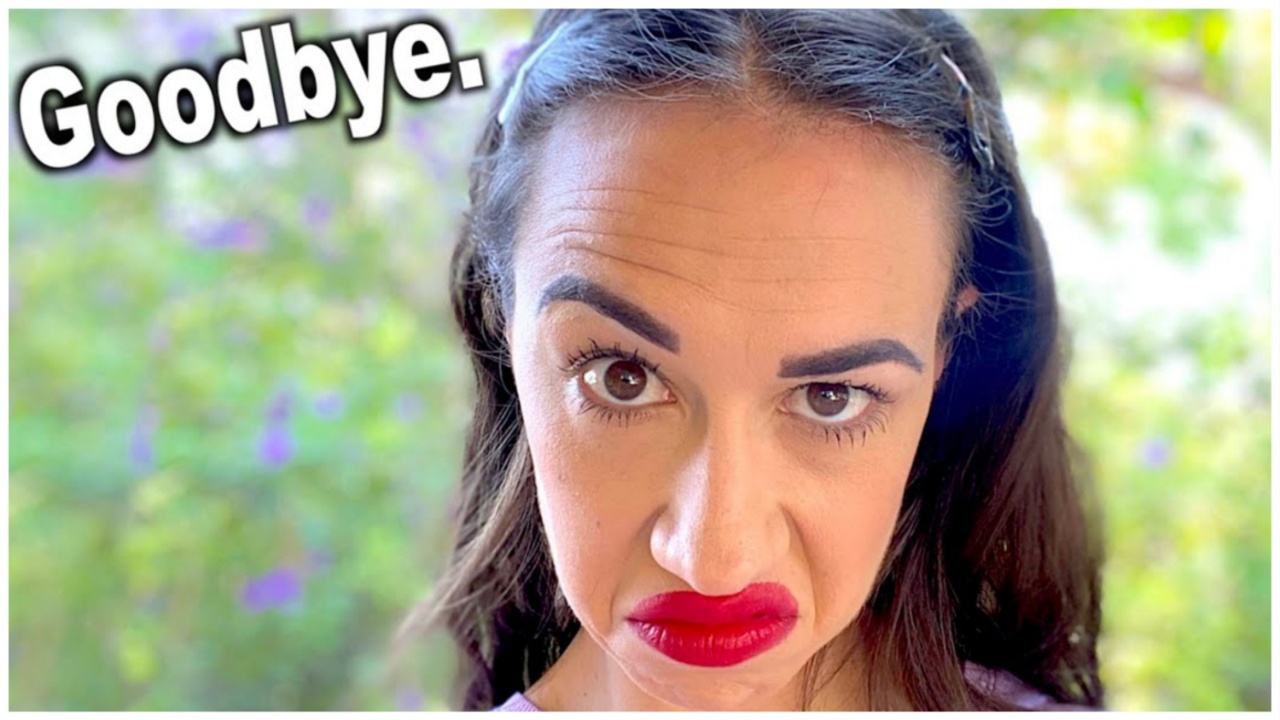Colleen Ballinger Should Never Have Been Famous Enough To Cancel in the First Place

With the recent round of allegations against Colleen Ballinger, it seems like the YouTube and Netflix star is finally facing some consequences, if only in the form of a reduced fanbase and income. Ballinger, who rose to fame as her comedic character Miranda Sings, was an early YouTube sensation. She amassed a huge underage fan base, which she then parlayed into a Netflix series and multiple tours. Now those fans have grown up and are calling Ballinger out for her inappropriate relationships with her followers, many of which have been called exploitative and examples of grooming.
But given the ableism at the heart of her primary character, not to mention the racism, misogyny, and deeply creepy examples of rape culture embedded throughout her work, it’s actually pretty disturbing that she ever made it big enough to cancel in the first place.
I’ve been bothered by the character of Miranda Sings ever since I first encountered her in the Netflix show Haters Back Off. I actually ended up watching a lot more of the show than I wanted to because I was trying to work out what I was actually watching. I kept waiting for some sort of twist or bit that would re-contextualize the gross ableism into something subversive and genuinely funny. Unfortunately, Ballinger did not deliver. Miranda, intentional or not, is very much a mean spirited caricature of a neurodivergent person, while her mother Bethany’s story (played by Angela Kinsey) spins the exact same harmful narrative around people with invisible disabilities.
It’s not that Miranda isn’t a genuinely awful character. She’s a rude, self absorbed, slut-shaming hypocrite, convinced that she’s multi-talented while ignoring everyone in her orbit. These are all qualities you can mock a fictional character for having. The problem is that Miranda also exhibits a lot of neurodivergent traits that are being played for comedy. Miranda has a slower processing speed, atypical speech, and poor coordination. She also has a fixation on ritual and routine, and is unable to read social cues. These are all diagnostic traits of conditions like autism and dyspraxia. But Ballinger plays Miranda (and these traits) as a contemptible person deserving of scorn rather than empathy or assistance.
Learning that Ballinger allegedly based Miranda off a disabled relative didn’t come as a surprise. It’s not just Ballinger’s obvious contempt for the disabled that comes through in Haters Back Off, but a joyous spite with which she offers up neurodivergent traits (whether she recognized them as such or not) for communal mockery. Ballinger’s willingness to exploit a disabled family member isn’t much of a reach for someone who clearly has no respect for the disabled. Of course, there are multiple accounts of where her inspiration for Miranda came from, so maybe it’s not true. But her portrayal of those traits is accurate enough that if she didn’t get them from observing a family member, it seems likely she got them from watching someone else.
Given my intense dislike for Haters Back Off, I’ve mostly avoided her YouTube channel. However, some basic googling has turned up a history of racist sketches that should have got her cancelled long before her collaboration with Netflix. Then there’s the creepy, deeply inappropriate behavior with young fans she’s displayed on stage. In what universe is it acceptable to invite a literal child on stage and make sexualized comments about her clothes or body? It doesn’t matter if the intent is to criticize purity culture, misogyny, or rape culture. Engaging in this kind of humor with a minor, discussing her body in that way, is never appropriate. But for some reason the audience found it funny and no one seemed to mind.
Watching otherwise progressive, allegedly disability-positive people laugh along with Ballinger has been almost more disturbing than the comedy she’s been creating. The general social acceptability of ableism (and the fact that cis white people can get away with virtually anything) probably has a lot to do with her success. But it’s still disheartening to see how popular her schtick continues to be. I’m really glad that her private malfeasance is finally coming out, and if it means I never have to see Miranda Sings ever again that’ll be a bonus. Still, we all need to think about how she was able to get this far when the red flags were so obvious.
(featured image: screencap/Miranda Sings, Colleen Ballinger)
Have a tip we should know? [email protected]
